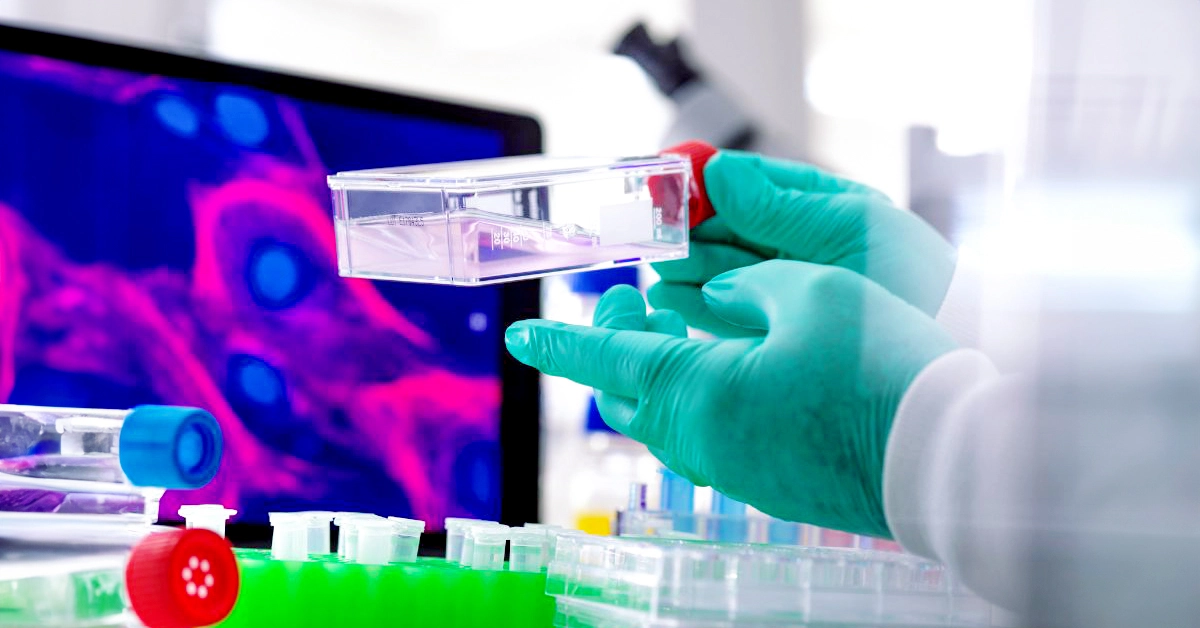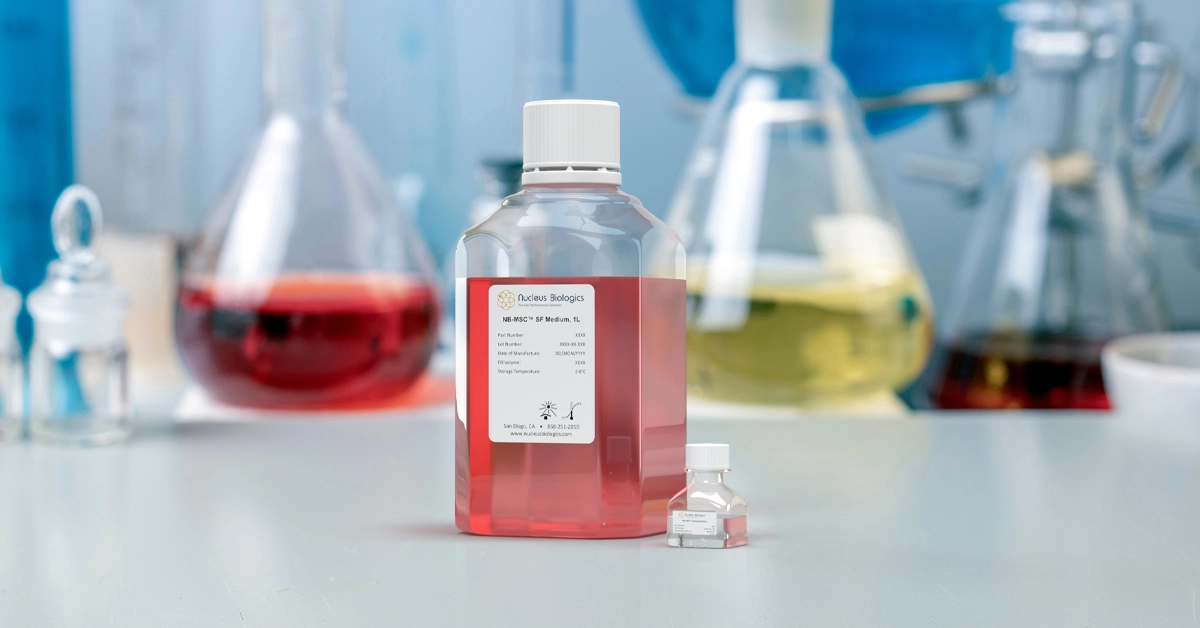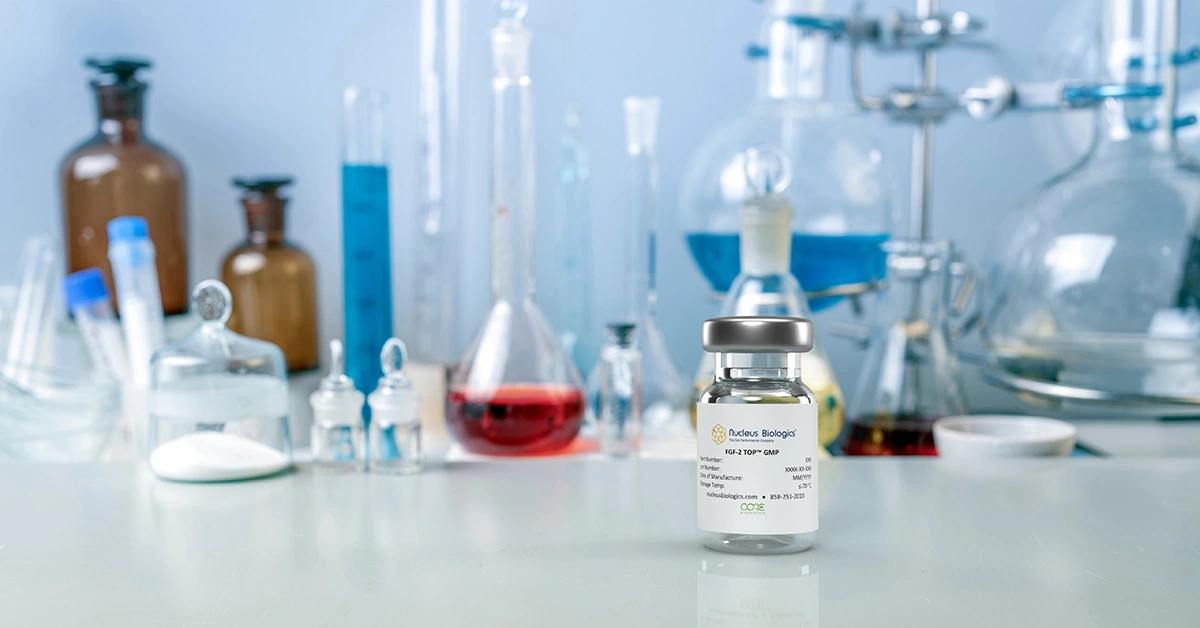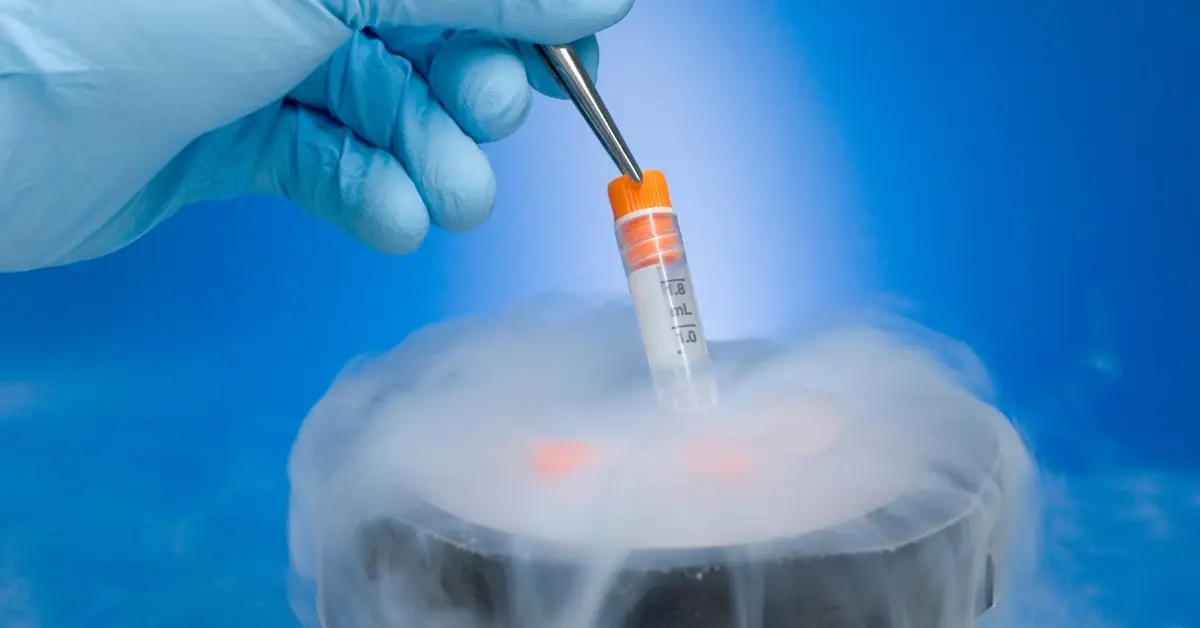Next-generation CAR T cell design aims to improve the efficacy of solid tumor immunotherapies by overcoming tricky targeting issues and a hostile tumor microenvironment.
The success of chimeric antigen receptor (CAR) T cell therapy against blood-borne cancers has given many patients hope where there was little before. Unfortunately, the treatment of solid tumors lags behind that of liquid-based cancers, which tend to make more straightforward targets.
One major challenge is that the solid tumor microenvironment suppresses the fitness and function of responding immune cells such as T cells. Tumor cells can adapt to downregulate expression of surface proteins that are easily recognized by the immune system, and also weaken the adaptive immune response by blocking the function of antigen-presenting cells.
Another challenge scientists face is that solid tumor cells, unlike their blood-borne counterparts, have more variable surface protein expression [1]. CD19 is expressed almost universally on B cells, making it a robust target if these cells become malignant. Many surface proteins associated with solid tumors, on the other hand, are also found in healthy tissue, so targeting these proteins presents risky toxicity issues. Furthermore, no single cell surface protein is common to solid tumors; instead, solid tumor cell surface protein expression incorporates a good deal of variety [2].
Despite these and other challenges, scientists are designing new CAR T cell models that they hope will increase CAR T cell success rates regardless of cancer type. But improving CAR T efficacy against solid tumors is a complex issue, and so many next-generation CAR T therapies are still in the early phases of clinical trials.
As we’ve discussed previously, the success of CAR T treatment has a lot to do with how good CAR-modified T cells are at doing their job. CAR T cell fitness involves having a high frequency of functional T cells with an optimal metabolic profile [3]. T cells need to have a high transfection efficiency so that the majority are converted to CAR cells. CAR-modified cells should be able to expand robustly if they are to exert a sufficient response, and also have prolonged persistence once infused into the patient’s body. Cell culture media specifically designed to enhance these critical quality attributes goes a long way toward ensuring that cellular starting material is optimal. In conjunction with optimized cell culture media, CAR design modifications can determine whether CAR Ts make it to their target and how proficiently they can eradicate tumor cells without harming healthy cells.
CARs, in basic terms, are engineered proteins that enhance the tumor-targeting capability of a patient’s own immune cells. While the fundamental premise behind CAR technology remains the same, successive generations have added co-stimulatory domains and inducible co-stimulatory factors to enhance the CAR T’s ability to produce more T cells after infusion, promoting cytokine release, and allowing active CAR T cells to remain in circulation for a longer period of time. CAR T cell development is currently in its 4 th generation of construct design. This generation of CAR-T cell design incorporates improvements specifically aimed at infiltrating the tumor microenvironment (TME) and specifically targeting solid tumor cell types.
Advances in the discovery of solid tumor-associated antigens (TAAs) and solid tumor-specific antigens (TSAs) are helping scientists target these tumor cells more precisely. A phase 1 clinical study is now underway using HER2-specific CAR T cells [4] . HER2 is a protein that can promote rapid growth, proliferation, and metastasis of tumor cells, and has long been known to be associated with an aggressive form of breast cancer, as well as synovial cancer (cancer in the synovial fluid of the joints) and pancreatic cancer.
Other phase 1 and 2 clinical studies are studying the feasibility of using “armored” CAR-T cells. These T cells secrete cytokines or express receptors for cytokines known to modify the TME to be less immunosuppressive. CAR T cells secreting IL-7 or IL-15, for example, help produce a memory-type T cell phenotype that enhances T cell expansion and cytotoxicity. These cytokines may also act directly to attract tumor-infiltrating immune cells to the site of the tumor.
Still, other 4 th generation CAR T constructs have been designed to secrete checkpoint-inhibitor antibodies [2]. Proteins such as PD-1 and PD-L1 are found on the surface of T and B cells and act as “checkpoints” to regulate the immune system, stopping dangerously overreactive immune responses from occurring. Cancer cells take advantage of this by displaying these proteins on their surface to suppress any immune response in their vicinity. CAR T constructs that secrete anti-PD-1 or anti-PD-L1 antibodies show enhanced anti-tumor activity, enhanced proliferation, and longer survival times than CAR T constructs without antibody secretion built in.
Despite these advances, significant challenges remain. The solid tumor microenvironment is acidic, hypoxic, and contains very little in the way of the nutrients T cells need to survive and thrive. CAR Ts that do manage to infiltrate solid tumors are often unable to survive for long. One approach designed to protect T cells from this environment is to construct CAR T cells able to survive low-oxygen conditions. One research team [5] has designed CAR T cells that produce catalase, an enzyme capable of reducing hydrogen peroxide to water and oxygen, thus improving the survival of CAR Ts in a low-oxygen environment.
While only T cell-based CAR immunotherapies have been FDA-approved thus far, CAR NK (natural killer) and CAR M (macrophage) cell therapies are also in the works. NK cell-based therapies can potentially offer a better safety profile than CAR Ts, and increased resistance to the tumor microenvironment, while CAR M cells show promise in reaching so-called immunologically “cold” tumors that T cells are unable to infiltrate.
Solid tumor immunotherapy is still in the early stage, but strategies such as finding tumor- specific antigens to target, targeting more than one antigen, countering immune suppression, and enhancing CAR T cell proliferation and survival all improve the odds of increasing solid tumor cancer survival rates.
At Nucleus Biologics, we support innovative immunotherapies by delivering premium quality cell culture products and services. To learn more about using cell culture media formulation to expedite cell therapy development, please visit our website today.
References
- CAR T-cell therapy for solid tumours. The Lancet Oncology. 22(7), 893. 2021. DOI: 10.1016/S1470-2045(21)00353-3
- Yan, T., Zhu, L. & Chen, J. Current advances and challenges in CAR T-Cell therapy for solid tumors: tumor-associated antigens and the tumor microenvironment. Exp Hematol Oncol 12:14. 2023. DOI: 10.1186/s40164-023-00373-7
- Mehta PH, Fiorenza S, Koldej RM, Jaworowski A, Ritchie DS, Quinn KM. T Cell Fitness and Autologous CAR T Cell Therapy in Haematologic Malignancy. Front Immunol. 12:780442. 2021. Published 2021 Nov 25. DOI:10.3389/fimmu.2021.780442
- Feng K, Liu Y, Guo Y, Qiu J, Wu Z, Dai H, et al. Phase I study of chimeric antigen receptor modified T cells in treating HER2-positive advanced biliary tract cancers and pancreatic cancers. Protein Cell. 2018;9(10):838–47.
- Kawalekar O, O’Connor R, Fraietta J, Guo L, McGettican S, Posey A, et al. Distinct signaling of coreceptors regulates specific metabolism pathways and impacts memory development in CAR T cells. Immunity (2016) 44:380–90. DOI: 10.1016/j.immuni.2016.01.021




